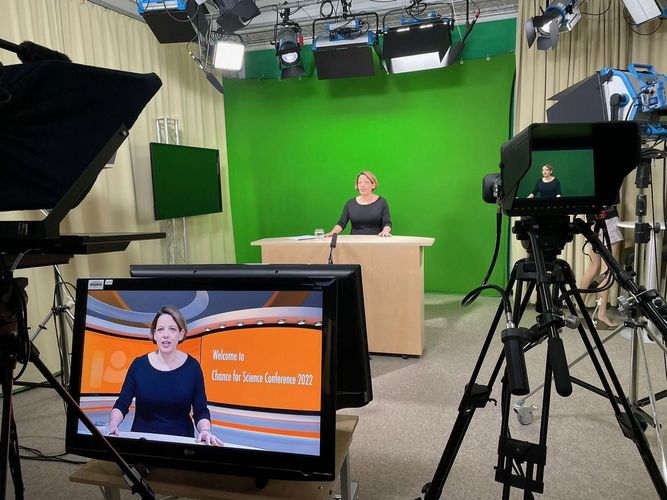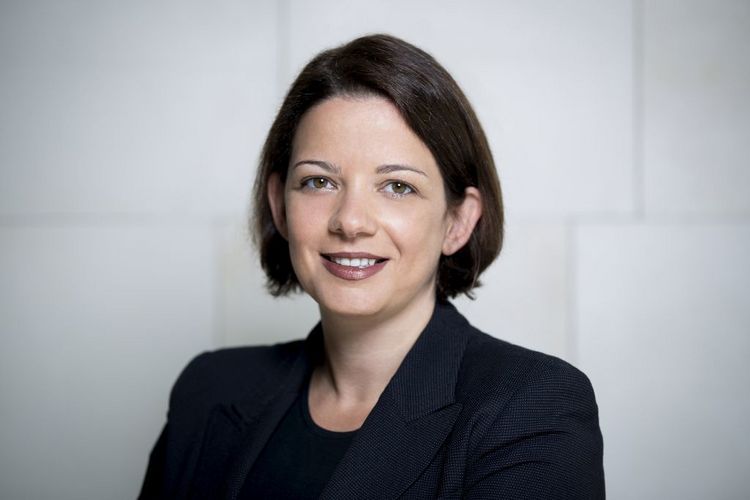“We have 160 presentations on the programme. I’m now looking for partners throughout Germany who fit in thematically with the lectures from Ukraine and will ask if they would like to participate,” said Carmen Bachmann. As the chair of business taxation in the Faculty of Economics and Management Science at Leipzig University, she launched the Chance for Science initiative during the Syrian refugee crisis in 2015 and is now using the volunteer platform and her network to support Ukrainian researchers. The conference will cover a range of topics – from artificial intelligence and veterinary medicine to water research and special tax and legal issues in wartime. This year, for the first time, the initiators and financial supporters of the conference will present Chance for Science awards to nine of the presenters, who will each receive €500. Representatives from the sponsoring companies will also be present at the conference and will explore opportunities to partner with researchers from Ukraine.
Given the enthusiastic response to the first Chance for Science conference in April of this year, Bachmann decided to organise a second one. “Even at the beginning of the war, Ukrainian researchers approached me with the request to help them network with German colleagues. In the beginning, I tried to establish contacts one by one. But at some point, the large number of requests made this no longer feasible, and so the idea for the conference was born,” said Bachmann. This first conference resulted in several successful partnerships being established. She reports, for example, on Professor Anastasiya Babintseva from western Ukraine, who has formed a strong scientific partnership with Professor Mario Rüdiger from the University Hospital Dresden. Since the conference, Babintseva has been in close contact with Rüdiger, who is a neonatologist and paediatric intensivist. Rüdiger and the charity fund German Foundation for Sick Newborns (DSKN) have delivered equipment for the treatment of newborns to Ukraine. Joint webinars and training to help Ukrainian doctors and nurses improve their theoretical knowledge and practical skills are also planned.
The conference on 8 and 9 September will provide another networking opportunity, from which new contacts can be established afterwards. In addition, networking via the existing platform is still possible online. And Bachmann does not rule out organising a third Chance for Science conference. But for now, she said, she has her hands full with the September meeting.

